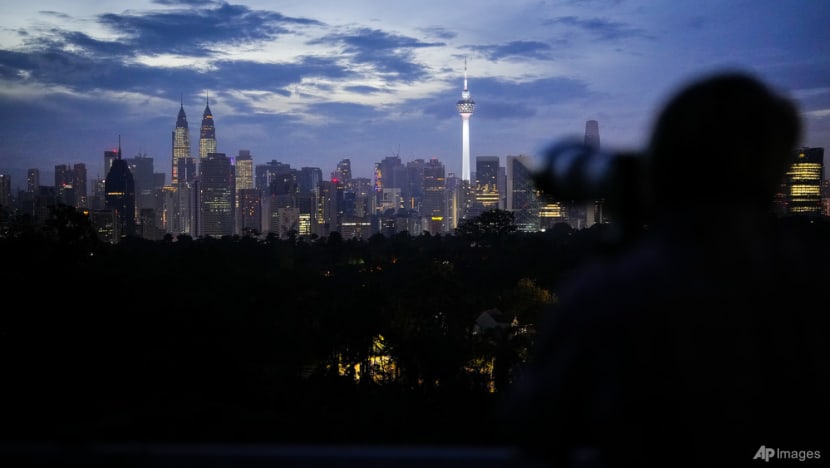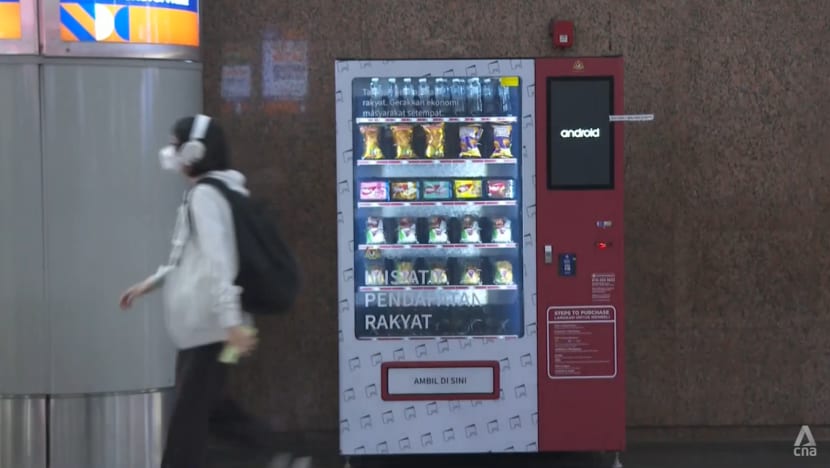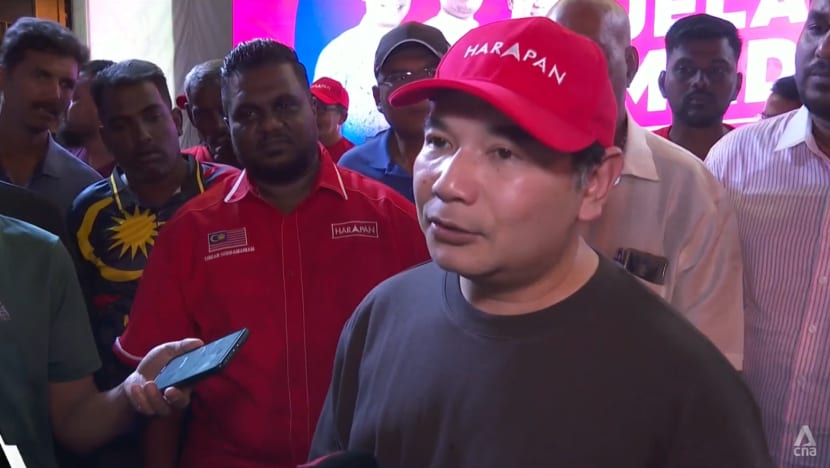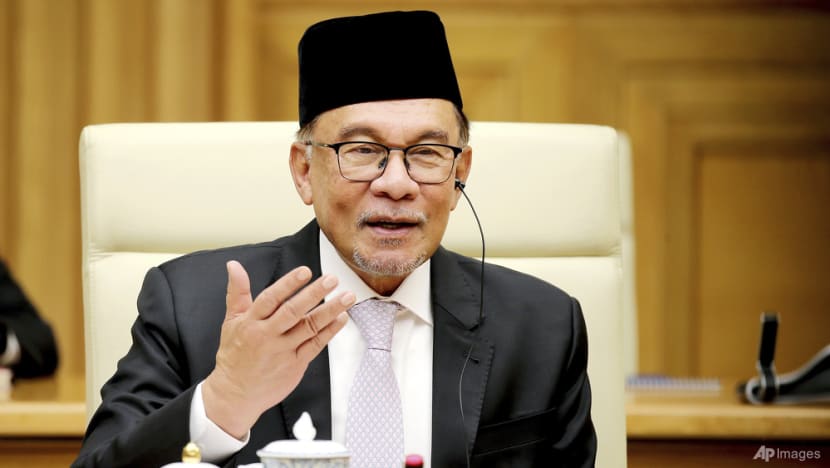Will Malaysian unity government’s efforts to tackle unemployment, inflation be enough to woo voters in upcoming state elections?
The unity government led by Prime Minister Anwar Ibrahim is touting its efforts to improve the Malaysian economy since taking office, while the opposition are focusing on the rising costs hurting the public.

KUALA LUMPUR: The health of Malaysia's economy is top of the agenda as voters head to the polls in the upcoming elections in six states.
The states of Kelantan, Terengganu, Kedah, Penang, Selangor and Negeri Sembilan will hold elections on Aug 12.
The unity government led by Prime Minister Anwar Ibrahim is touting its efforts to tackle unemployment, address inflation and woo foreign investments since taking office last November.
Meanwhile, the opposition are focusing on the rising costs which are hurting the public.
HELPING THE URBAN POOR
The Ministry of Economy’s economic planning unit had rolled out an initiative in February this year, to help the country's poor increase their income by at least RM2,000 (US$437) each month.
A total of RM750 million has been set aside for the People’s Income Initiative (IPR) under the 2023 budget.
Known as the “fishing rod” programme, it provides the needy with vending machines to sell their home-made products.
Ms Normala Diana Mohd Yazal, a vendor under the programme, told CNA: “It is easy to sell. We can just put our food in the machine, go back and monitor from home.”
Another vendor Norfaridah Mohd Noor said: “It really helps because we can collect cash everyday and use it to pay for children’s school expenses and petrol for our car so that we can pick up our children.”

Both of them are from a nearby low-cost housing community, and signed up for the entrepreneurship programme in May.
However, there have only been about 100 such vending machines placed in major transport hubs across the country’s cities, benefitting a very small segment of the targeted community.
SEARCHING FOR SOLUTIONS
Various other cross-ministry programmes are also underway to develop entrepreneurs in the agriculture, food and services industries, to boost the country’s economy.
The government plans to position its energy sector as a catalyst for socio-economic development.
Related:
“It’s pivotal to our effort to pitch Malaysia and position Malaysia as a regional leader in energy transition,” Malaysian Minister of Economic Affairs Rafizi Ramli said at a pre-election rally in Kuala Selangor recently.
He said his ministry is unveiling 10 flagship projects under the Energy Transition Roadmap, including solar and wind farms, hydrogen energy and electric vehicles, expected to draw some RM25 billion in investment and create 23,000 high-paying jobs.
“At the end of the day, voters really look for solutions. The parties that offer concrete coherent policy solutions usually have more traction with fence sitters,” he said.

However, the opposition has claimed that the government has thus far failed to address the economic hardship faced by the people.
“The problem that we have in Putrajaya now is we don’t have a full-time finance minister. The prime minister is very busy,” Parti Islam Se-Malaysia (PAS) MP Syahir Sulaiman, who represents Bachok in Kelantan, told CNA.
“There’s a lot of rhetoric from the government (and) from ministers. What we need is really action and the reform that's been promised all this while.”
Mr Syahir, a trained economist, also claimed that not enough is being done to strengthen the Malaysian ringgit against other major currencies.
He suggested that Malaysia should take a more aggressive economic approach, to tap on the rising number of tourist arrivals. “These are low-hanging fruits on how we can improve the ringgit.”
ECONOMIC AND POLITICAL HEADWINDS
Prime Minister Anwar Ibrahim has so far gone to several states to tout his administration's economic success, with growth in the first quarter of this year at 5.6 per cent, a figure which he noted is higher than that of Indonesia, Singapore and China.
However, the country remains saddled with over RM1.5 trillion in debt, which could weigh on its development programmes.
Khazanah Research Institute senior advisor Jomo Kwame Sundaram told CNA that the finance minister is helming “the most challenging of ministries”, especially after inheriting huge problems, including a large debt with much of it having “no prospect of it being repaid”.
The former World Bank economist added that besides economic headwinds, Mr Anwar also faces political challenges.

“I’m not sure everybody in the coalition appreciates the difficulty of keeping the coalition together, and of recognising there are problems of governance which are difficult to resolve. This is an unenviable position,” he said.
“I do hope the rest of the Cabinet gets the plot. The prime minister cannot do it alone.”
Political stability is key to economic confidence in the country, and improving the national investment climate is a must if Mr Anwar wants to bring the Malaysian economy forward, observers said.
As such, much is riding on the outcome of the six state elections, seen as a referendum on his 8-month-old unity government.
















